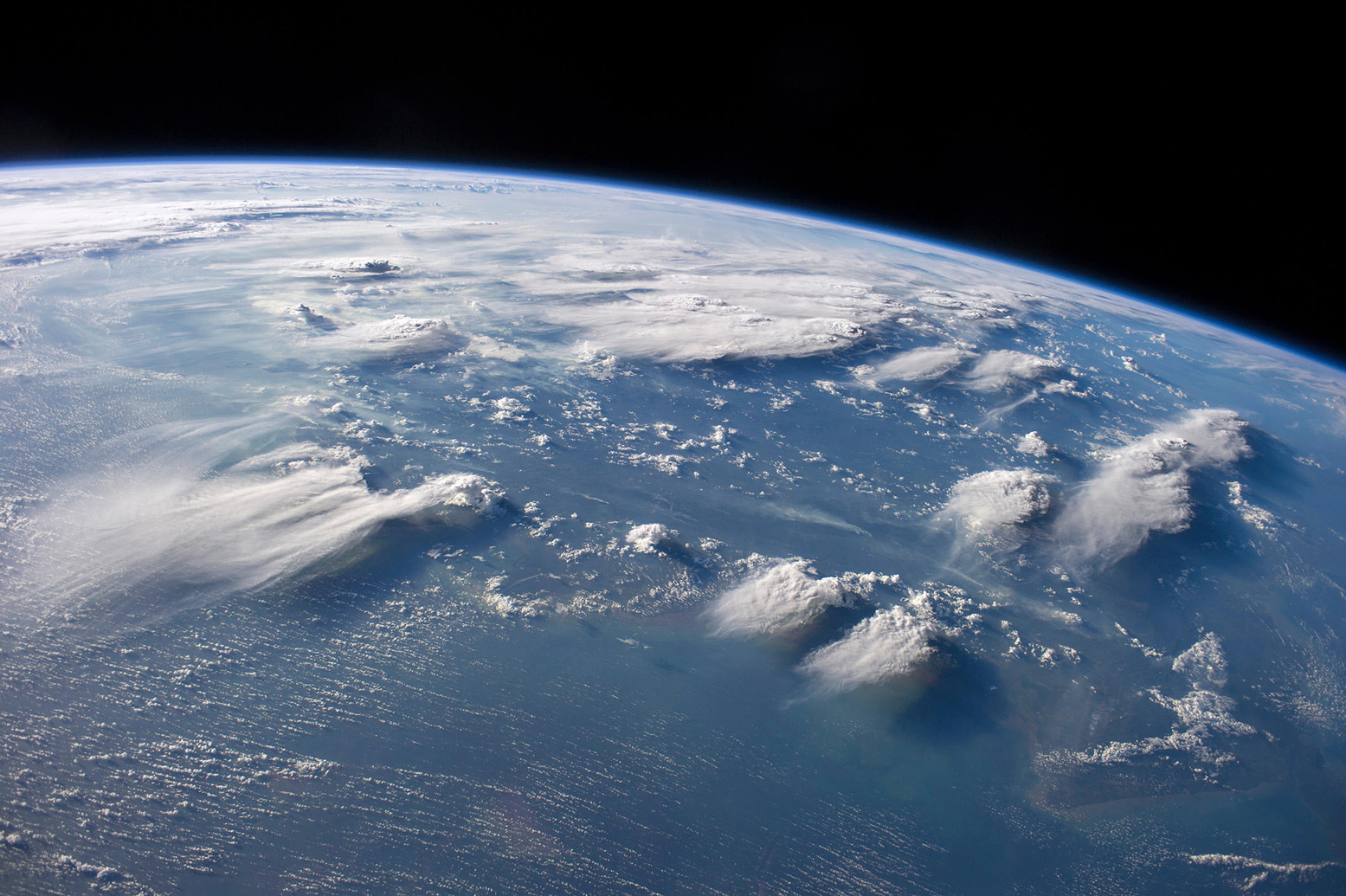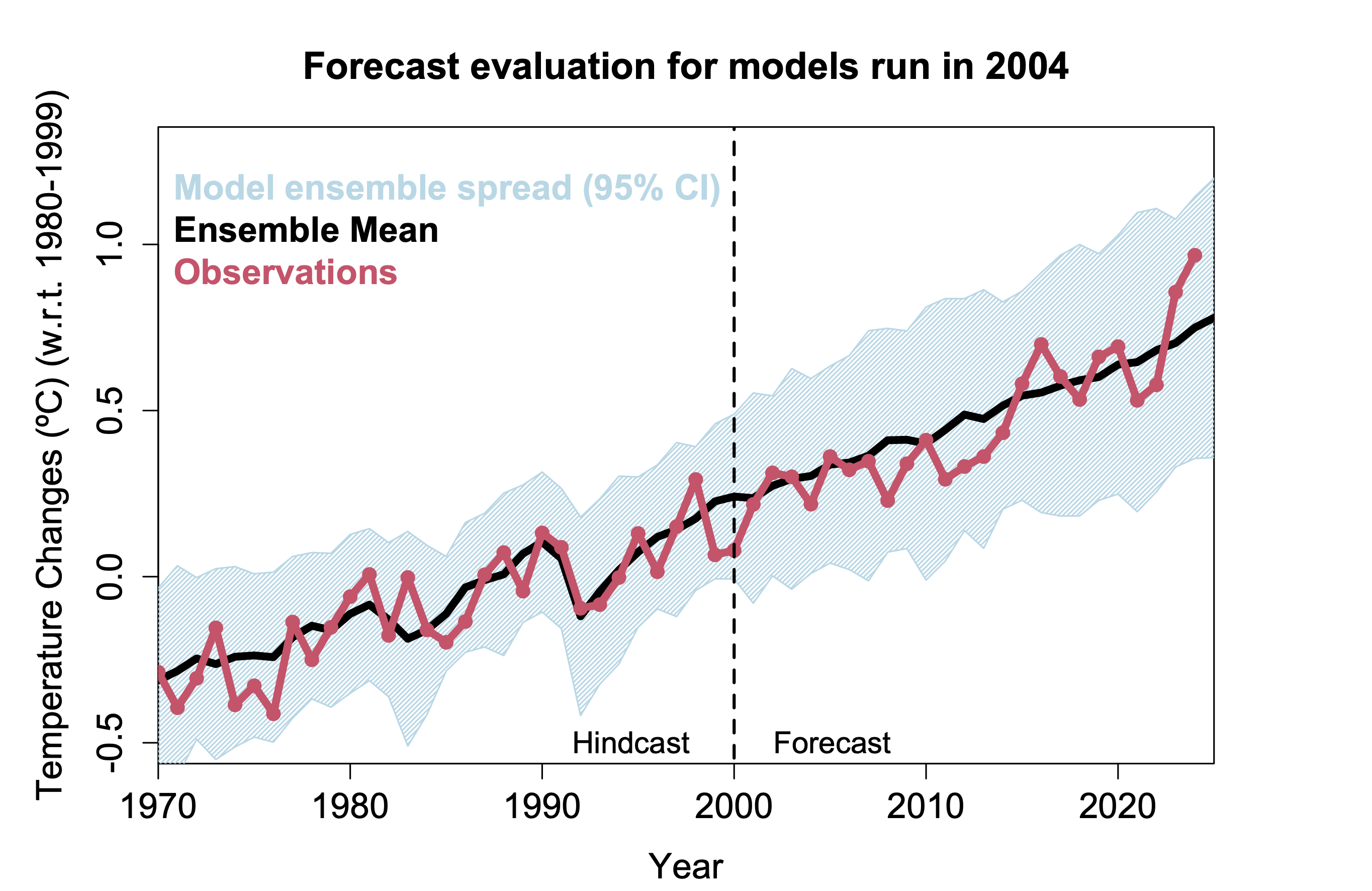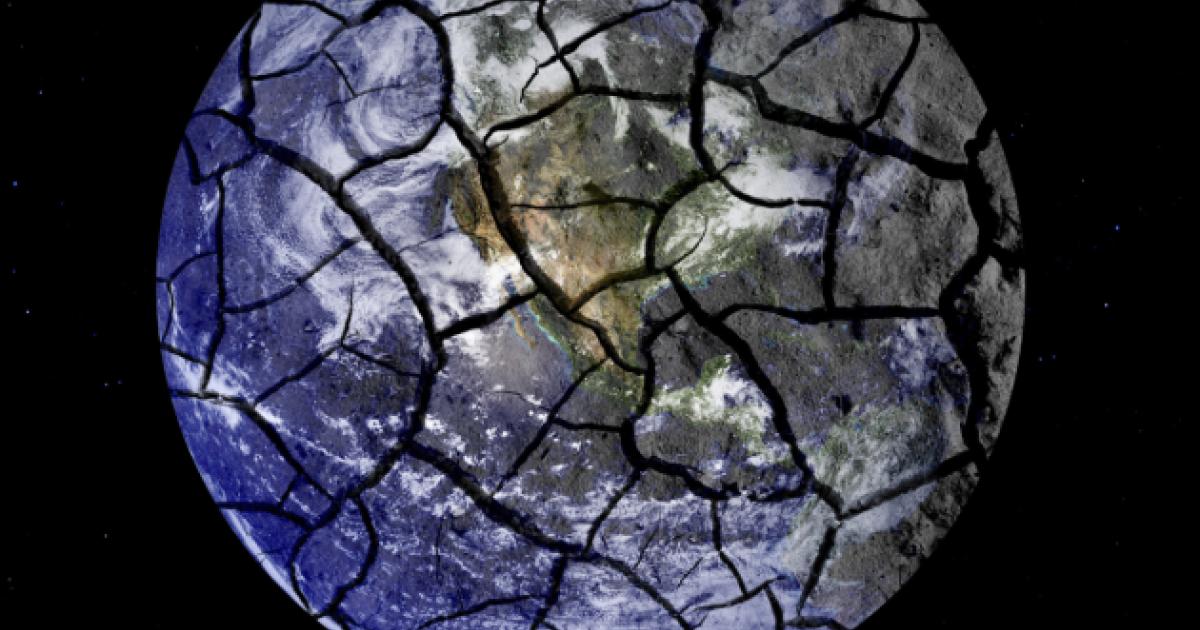In what way?AGW as a significant problem simply doesn't add up
Why do you say "so-called"? Are you a climate scientist? Do you have a doctorate in a related field? Are you actively researching some aspect of climate? Are you published? Cited?most especially when the so-called scientists
What data do you believe has been falsified, manipulated or cherry picked?have to cherry pick or manipulate or even falsify data to make a case for it being a significant problem.
Can you point out a scientific error in the document? And pretend I repeated all the queries above.When the IPCC Summary for Policymakers isn't even written by scientists.
That is incorrect.To date not a single one of their models has produced results that they have predicted.

Analysis: How well have climate models projected global warming? - Carbon Brief
Scientists have been making projections of future global warming using climate models of increasing complexity for the past four decades.

RealClimate: Model-Observation Comparisons
RealClimate: Since we have been periodically posting updates since 2009 of climate model output comparisons to observations across a range of variables, we have now set up this page as a permanent placeholder for the most up-to-date comparisons. We include surface temperature projections from...
 www.realclimate.org
www.realclimate.org
What do you know of the lifestyles of the authors of AR6 or the many studies on which its assessment is based? I would hazard a guess: NOTHING.Those pushing the AGW doctrine do not live their own lives as if they believed what they are pushing.
Yes.At the same time, it took homo sapiens several hundred thousands of years to increase to 1 billion people (around 1804). It has taken us only a little over 200 years to reach 8+ billion people. And that kind of increase in ANY species, plant or animal, will have an impact on various environments around the world.
What are you saying? That the ice caps are melting due to overpopulation or that they are not?But environment is not the same thing as climate. So the ice caps melt.
It has not happened many time since the appearance of homo sapiens.That has happened many times in the paleontological record.
The North Pole was ice free in the summers of the Holocene Optimum and likely during prior interglacial optimums. Antarctica has not been ice free since the Eocene-Oligocene boundary, 34 million years ago. That global temperatures have been warm in the past is irrelevant. Temperatures are approaching if not already past the highest points in human history and that is certainly true of the CO2 concentrations. Even were GHG emissions to stop this instant, temperatures would continue to rise for many decades to more than a century. And, as has been pointed out here on numerous occasions, the danger is not the absolute CO2 level and the absolute temperature, but the rate at which both are changing.The last time it happened at both poles is an estimated 18 to 20,000 years ago, long before humankind was any kind of factor in any environment.
The failure of the ice to melt does not put us at risk of glaciation.The arctic has been ice free numerous times since then. If the ice didn't melt from time to time we would all be up to our hoohaws in ice.
What tells us that climate change IS significantly different than what it has been are data collected for many years now showing us that temperatures are rising BECAUSE of human GHG emissions and that CO2 levels are higher than at any point in several TIMES the entire length of human history and that temperatures will also soon be at an all time record. And, as I just noted, the most significant point is the RATE at which CO2 and temperatures are rising; faster than life can adapt. And, as you pointed out, millions more people occupy the land, many in vulnerable locations (you left out coastlines in the face of rising seas) and the damage will be severe.That humans build their cities next to the ocean or on flood plains or on top of earthquake producing faults or in wildfire prone areas or at the foot of volcanoes, etc. just means that they are willing to ignore or be ignorant of or accept the risks that come from inevitable weather, shifting of the Earth's tectonic plates, inevitable climate change. And many millions more people and structures occupying those areas means the damage from naturally occurring Earth events will be much more severe than it once was.
It doesn't mean that climate change is somehow significantly different than what it has always been.
